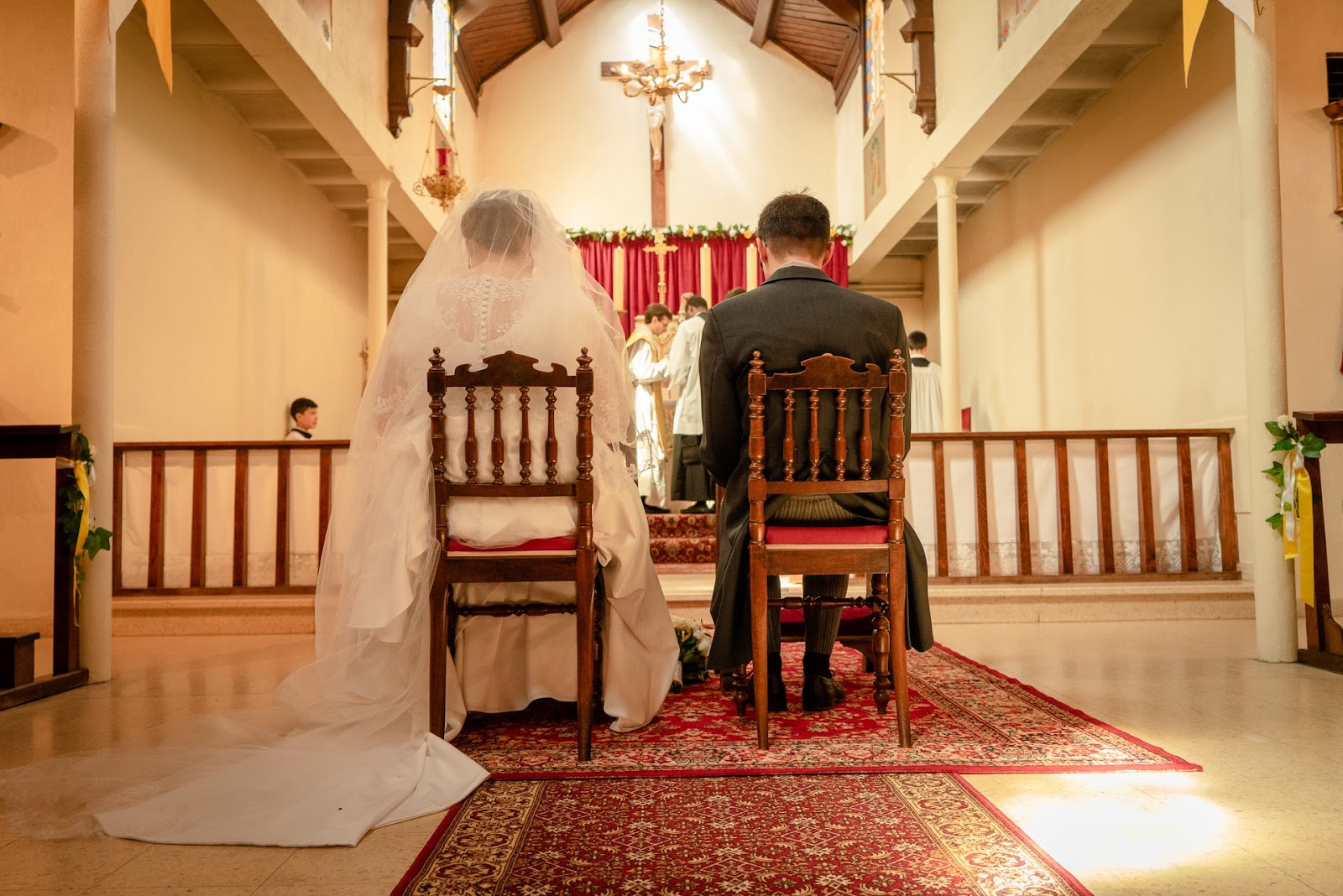Human Life and Vocations… God’s Design and Love…
The Gospel text of today evokes deep themes concerning the sacredness of human life and vocation, especially within the context of marriage, against the backdrop of contemporary challenges faced by the Church and Christian life and decisions. In this passage, Jesus is confronted by the Pharisees who question Him about the lawfulness of divorce. Their query is not just a legal question but a test, aimed at challenging Jesus’ interpretation of Mosaic Law. As interesting as their question was Jesus’ answer that redirects the conversation to the fundamental purpose of marriage, referencing the creation narrative: "From the beginning, the Creator made them male and female" and "the two shall become one flesh." Here, Jesus’ teaching on marriage as a divine institution underscores that marriage is not merely a human contract but a divine covenant, a sacred vocation that reflects the unity and fidelity of God Himself. It is a fundamental relationship rooted in the Creator’s original intent, transcending not only cultural and historical allowances but also human weaknesses and rigidity.
Jesus’ assertion holds significant relevance in contemporary discussions, particularly in the context of the Synodal journey of the Church amidst the broader debates on gender and sexuality. For example, the Church teaches that gender is not merely a social construct but is deeply rooted in the Creator’s design, as expressed in Jesus’ reference to "male and female." Accordingly, gender is seen as a gift, integral to the human person, and essential to the sacrament of marriage. However, today’s society often challenges it, advocating for a more fluid conception of gender and sexuality. This has enabled a creative tension within the Church as it seeks to remain faithful to its teachings while recognizing not only the lived human reality of the day but also the need for a pastoral response to it. This involves recognizing the "hardness of hearts" that Jesus refers to, acknowledging that the human condition is often marked by brokenness and the need for mercy and understanding. Thus, the pastoral sensitivity and accompaniment emphasized by the Synod calls for the transformative love and compassion of Christ upon those who experience gender dysphoria or identity outside the binary conventions.
Moreover, Jesus’ continued remarks in the Gospel text extend to the sacredness of human vocation beyond marriage to include all aspects of life where individuals are called to embody God’s love and truth. This includes the vocation to celibate and religious lives for the sake of the Kingdom. Jesus acknowledges that not everyone is called to marriage, and some are called to a different kind of vocational commitment, one that renounces earthly marriage to dedicate oneself wholly to God’s service. This teaching highlights the diversity of vocations within the Church, all of which are sacred and worthy of respect.
In engaging with the complexities and challenges of modern life, therefore, the Church is called to uphold the sacredness of human life and vocation, offering guidance and support to all who seek to live them in the fullness of God’s truth. Accordingly, the ongoing Synod calls us, the Christians, to live within us the creative tension (in and around us) of upholding the truth of the Gospel and engaging in meaningful dialogue with those who struggle with or question its teachings. Recognizing that we are called to navigate these challenges in a world where the sacredness of human life and vocation is often obscured by secular ideologies, let us ask: how do I value my own life and vocation at this very moment, particularly within the context of my marriage? Do I treat it as a sacred calling that reflects God’s design and love? What are my responses to those falling outside the conventional frameworks, loving and compassionate or hard-hearted and insensitive?

No comments:
Post a Comment